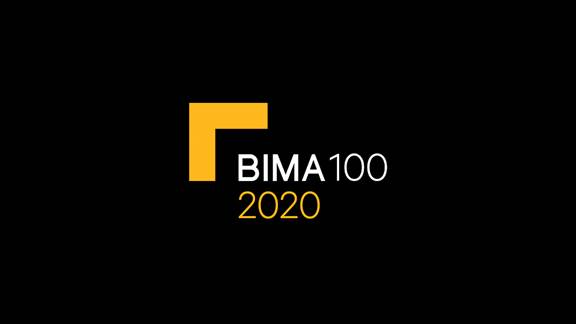With everything that’s been going on in the world as of late, there’s been a lot of slowdown across the initiatives I’ve been working with. Right now, I’m focused on keeping momentum on K+C projects so we don’t lose traction.
I’d really like to invite more people to get involved in Diversity & Inclusion efforts. I encourage anyone who has read this far to think about ways that they, personally, could make a difference. It really doesn’t have to be big - speaking to your HR team about adding pronouns to email signatures or Slack profiles, promoting the work of your colleagues who are people of colour or LGBTQIA+, recommending your colleagues from marginalised communities for speaking engagements or panels when you see opportunities. There are a lot of small but meaningful actions anyone could pursue. I’d love to help more with this effort, whether it’s as a speaker or a mentor, or (when things start to calm down), talking more with groups outside of K+C. There are a lot of initiatives out there I’m excited to work with.
I really, genuinely believe that a rising tide lifts all ships, and as an industry we are capable of raising the bar on what good and excellent look like when it comes to diversity and inclusion. We should expect better and do better - as an industry and as digital professionals. Everyone has the ability to be a champion for change. What if we all were?
